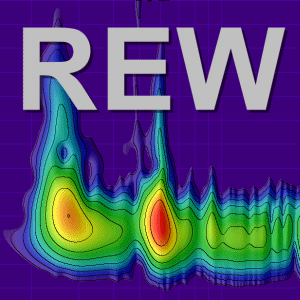renne
New Member
Thread Starter
- Joined
- Apr 3, 2021
- Posts
- 4
More
- Preamp, Processor or Receiver
- Denon AVR-X2300W
- Main Amp
- Denon AVR-X2300W
- Additional Amp
- Monacor IMG Stageline STA-200D
- Front Speakers
- Visaton Petit Orgue without passive crossovers
- Center Channel Speaker
- Tangband W3-871SC open-baffle
- Surround Speakers
- Tangband W3-871SC omni-directional
- Subwoofers
- Visaton Petit Orgue without passive crossovers
Hi,
I'm using the Audyssey MultEQ-Android-app with a Denon AVR-X2300W to do room-correction.
Is there any way to import the measurement-file of the the app into REW, edit the frequency response and export it back into an app-compliant file-format?
Thanx for any hint!
I'm using the Audyssey MultEQ-Android-app with a Denon AVR-X2300W to do room-correction.
Is there any way to import the measurement-file of the the app into REW, edit the frequency response and export it back into an app-compliant file-format?
Thanx for any hint!














